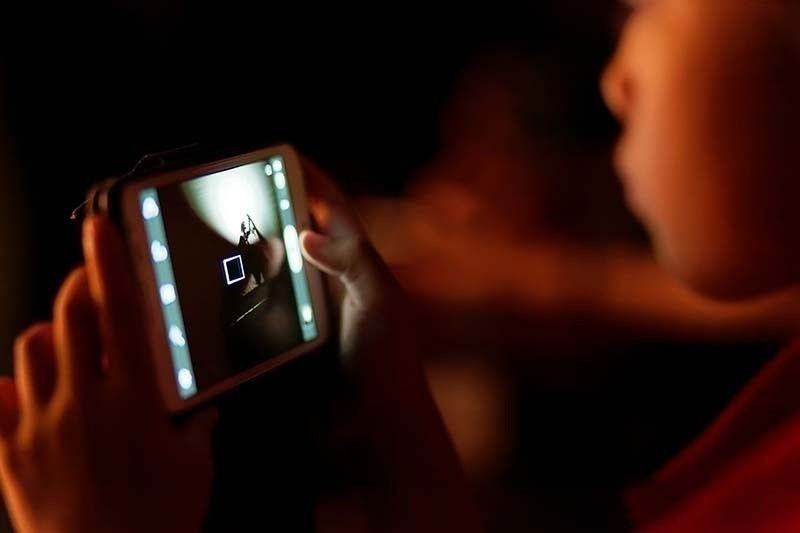Passage of Senate bill to strengthen anti-trafficking law a 'welcome development' to IACAT's efforts

MANILA, Philippines — The Inter-Agency Council Against Trafficking welcomed the passage of a Senate bill aimed to strengthen the current anti-trafficking laws of the country.
Justice Undersecretary Emmeline Aglipay-Villar said the passage of the bill is a “welcome development” in the government’s drive against trafficking.
The IACAT is co-chaired by the Departments of Justice and of Social Welfare and Development. Aglipay-Villar is the undersecretary-in-charge of the IACAT.
“Some of the amendments to the existing Anti-Trafficking in Persons Act which are contained in SBN 2449 were recommendations from the IACAT which we submitted to some senators last 2018,” she told reporters.
Senators on Monday approved SBN 2449 on third and final reading. Sen. Risa Hontiveros said the proposed measure is dedicated to “Filipinos who are victims of trafficking abroad, in the offshore gaming industry and underground online groups,” she added.
Salient provisions
Aglipay-Villar said one of the salient provisions of the proposed law is including “online sexual abuse and exploitation of children” in the definition of terms.
The bill also seeks to “make internet intermediaries accountable ‘for knowingly or by gross negligence allow their infrastructure to be used for the purpose of promoting trafficking in persons.’”
According to the bill, internet intermediaries refer to “a person or entity providing infrastructure, platforms, access to, and host, transmit and index content, products and services originated by third parties on the internet.”
Senate, in its press release on Monday, said this provision “would also apply to social media networks, as well as financial and e-commerce intermediaries.”
The bill also seeks to include a provision for qualified trafficking, for when the crime is committed during a crisis, a public health concern, a disaster, a humanitarian conflict or emergency situation, or when the victim is a survivor of these events.
Under this provision, the cited circumstances are treated as “aggravating circumstances” to punish perpetrators for taking advantage of the situation and vulnerability of victims.
The IACAT, in its 2021 accomplishment report, said the National Center for Missing and Exploited Children’s Point-of-Contact in the Philippines received 2,802,712 CyberTipline (CTR) reports.
This is more than double the number of reports received in 2020, where 1,297,474 tips were received.
The IACAT, however, noted that “not all of which are considered actionable reports, as mostly includes multiple generated CTRs on the same content, misleading digital images, and inaccurate reporting by electronic communication service providers.
The DOJ-Office of Cybercrime launched investigation into 268 reports, in 2021. The number is still higher than the number of probes in 2020 which showed 73.
In 2020, the Commission on Human Rights also said that the pandemic and its effect on the livelihoods of people rendered many Filipinos more vulnerable to exploitation. — Kristine Joy Patag
- Latest
- Trending
































